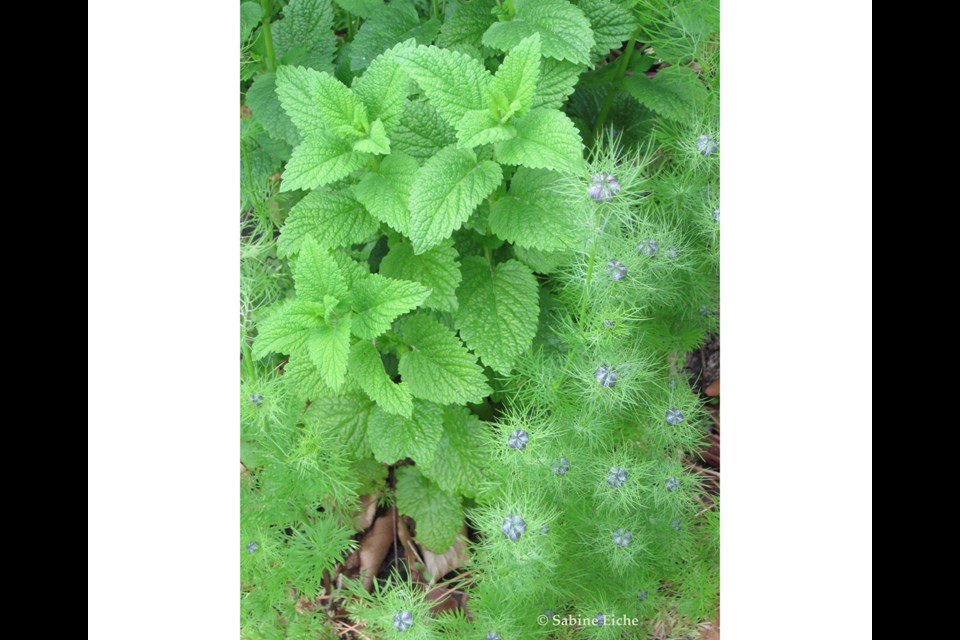It’s been weeks since the headlines in newspapers have spoken of nothing but the spread of the novel coronavirus and Trump’s incompetence. The toxic combination has left many of us feeling overwhelmed (from the Middle English “whelmen,” to turn upside down, capsize). A couple of days ago I thought I couldn’t stand any more. Emotional stress was beginning to manifest itself physically. Then I went outside. The sun was shining. The cherry trees lining the streets were starting to bloom. Birds, especially the finches, were belting out their songs. Perennial plants, stripped bare over the winter, were sending up shoots, tiny promises in tints of red and green. The fabric of the garden was finally changing.
The only way not to drown in despair during this scary period, I decided, was to think about, contemplate and enjoy all those things around us that seem oblivious to politics and the COVID-19 pandemic. The trees would continue to put forth blossoms and leaves, regardless of media headlines. The birds would continue to sing and seek mates, even if we humans talked of nothing but the coronavirus and its effect on the economy. The plants were going to push their way skywards and bloom, no matter what. Even the dogs that I see out on their walks probably were thinking only happy thoughts, delighted to be allowed to sniff the ground and detect exhilarating smells.
But people didn’t always have such an easy option. What did they do in the Middle Ages to cope during the frequent outbreaks of epidemics, I wondered? Most looked to the Church. They sought solace in prayer – there are endless saints that can be invoked against diseases. For their physical well-being, people turned to monasteries and convents, where monks and nuns planted gardens with medicinal herbs with which they concocted various preparations, such as poultices or distilled spirits (often called aqua vitae, meaning water of life).
Valerian (Valeriana officinalis) and Lemon Balm (Melissa officinalis) are two of the best known medicinal herbs, which we still grow in our gardens because the flowers provide nourishment for various insects. Both herbs were used to treat insomnia and promote calmness. The name Lemon Balm spells it out clearly. Balm comes from the Latin “balsamum,” the sweet-smelling gum of the balsam tree, used in medical preparations. By the 15th century, the name balm was extended to various herbs, and by the 16th century balm had come to signify a healing or soothing influence. A few leaves of Lemon Balm can also be added to salads, providing a pleasant citrus note, or they can be brewed as a herbal tea.
I’m convinced that in the past, the men and women in religious orders coped better than non-clerical people during times of epidemics and illness. Monks and nuns had constant access to the various medicines they produced, and most importantly they could be in direct contact with nature when tending their gardens. Today, nature is a balm available to everyone. We must cherish it!
Sabine Eiche is a writer and art historian



